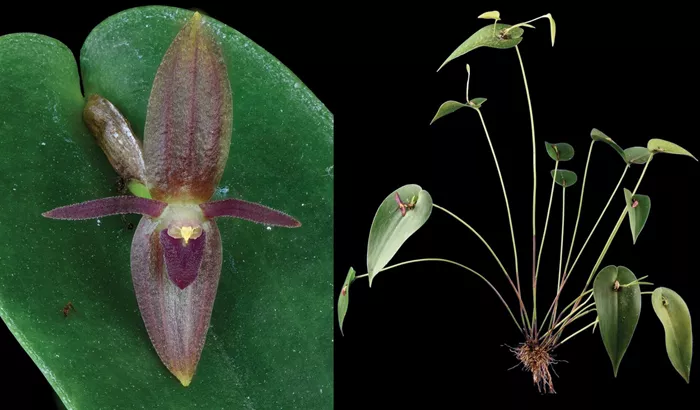Scientists have identified three new orchid species from the genus Pleurothallis in the cloud forests of Costa Rica and western Panama.
These orchids—Pleurothallis matrisilvae, Pleurothallis pridgeoniana, and Pleurothallis winkeliana—thrive in the misty highlands of the Talamanca range at elevations between 1400 and 2550 meters.
What makes these orchids remarkable is their unusual method of asexual reproduction called prolification.
This process allows the plants to produce miniature plantlets directly from their flowering stems, bypassing seed production.
This adaptation is especially beneficial in the challenging cloud forest environment, where pollinators may be scarce.
Each species exhibits prolification in distinct ways, such as forming long chains or bushy clusters of plantlets, which helped researchers distinguish them despite their initial visual similarities to other orchids.
This discovery adds to Costa Rica’s reputation as a global hotspot for orchid diversity, now home to 67 recognized Pleurothallis species.
The findings underscore the ecological importance of the Talamanca range and highlight the critical role of conservation efforts led by institutions like the Lankester Botanical Garden and Costa Rica’s protected area system (SINAC) in preserving these unique floral treasures.


